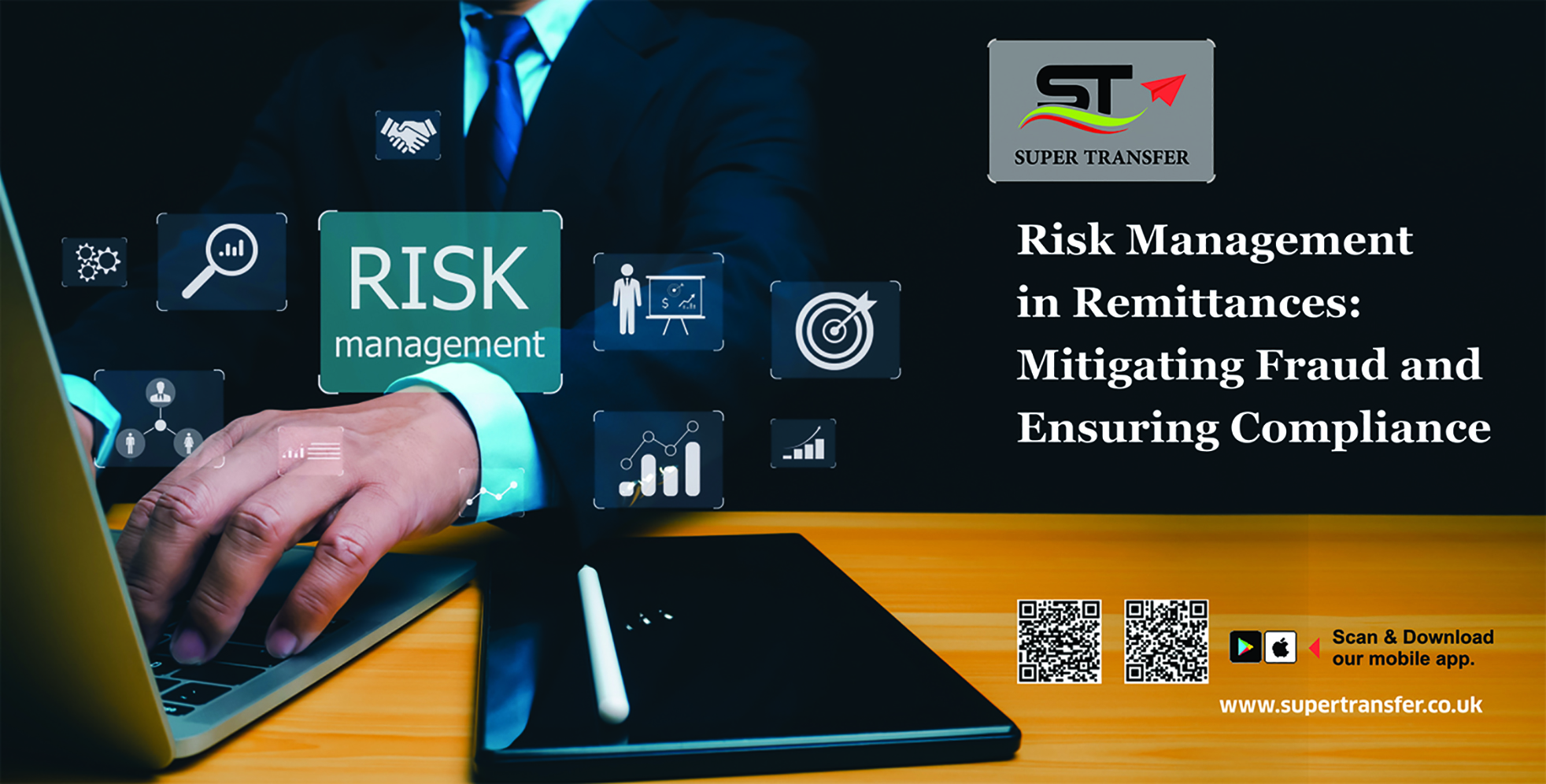
Risk Management in Remittances: Mitigating Fraud and Ensuring Compliance
Remittances are important for families and economies across borders, yet they involve several risks. Managing such risks includes identifying, quantifying, and minimising problems such as fraud, financial crimes, and not following regulatory laws.
It doesn't matter if one is using the best money transfer app to Nigeria for sending funds from the UK to Nigeria but users need to know the risks in money transfer businesses.
Fraud Detection and Prevention Tools
Fraud detection is one of the most risky elements in the field of money transfer. Cyber-attacks can target cross-border payments, taking advantage of weaknesses through transaction manipulation.
Banks are using advanced technologies such as artificial intelligence (AI) and machine learning (ML) to detect suspicious patterns, know suspicious transactions, and protect customer data to enhance fraud prevention. Multi-factor authentication, end-to-end encryption, and real-time monitoring are also effective measures in fraud prevention.
Know Your Customer (KYC) Compliance
KYC Regulations are a basic element of remittance risk management. Check the identity of clients before they access financial services, which helps minimise the chances of illegal practices. Financial service providers must collect and verify identification documents, check transactions for inconsistencies, and update customer information.
Anti-Money Laundering (AML) Policies
Strong AML compliance is crucial in the remittance business to mitigate the risks of money laundering. Criminals use illicit funds and attempt to disguise their origins by moving money through legitimate financial channels. To combat this, remittance providers must strictly adhere to AML regulations, continuously monitor transactions, report any suspicious activity to regulatory authorities, and conduct regular audits to ensure compliance.
These practices help to keep the financial system secure and reduce financial crimes.
Cross-Border Regulatory Compliance
Remittance services are spread over several jurisdictions, and each jurisdiction has its regulatory system. Cross-border regulatory compliance is necessary to prevent legal issues and ensure smooth operations.
Service providers must know all the regulatory systems, which comply with all the international standards, and deal with financial institutions around the world to ensure smooth transactions.
Risk Assessment Framework
An effective risk assessment system enables money transfer service providers to identify and fight challenges. Such a system includes the detection of risks, assessing their potential impact, implementing control measures, and monitoring changing risk environments.
Through a planned risk management strategy, businesses can minimise potential losses and improve their capability to face all the challenges.
Education and Awareness Programs for Customers
Educating customers on risks and safe practices is a key element of remittance risk management. Most users may be unaware of popular fraud techniques or why compliance measures such as KYC (Know Your Customer) and AML (Anti-Money Laundering) are necessary.
Providing simple explanations, conducting training sessions, and providing tips on how to stay safe from scams can assist customers in making intelligent decisions and keeping their money safe.
Conclusion
Successful remittance risk management requires a balanced strategy that uses technology, follows legal laws, and informs the customers. By preventing fraud, following KYC (Know Your Customer) and AML (Anti-Money Laundering) rules, and meeting cross-border requirements, remittance service providers can offer safe and better services.
At Super Transfer, security, compliance, and fraud prevention in every transaction.
With advanced AML & KYC measures, real-time monitoring, and encrypted transfers, we ensure your money reaches loved ones safely and securely.
